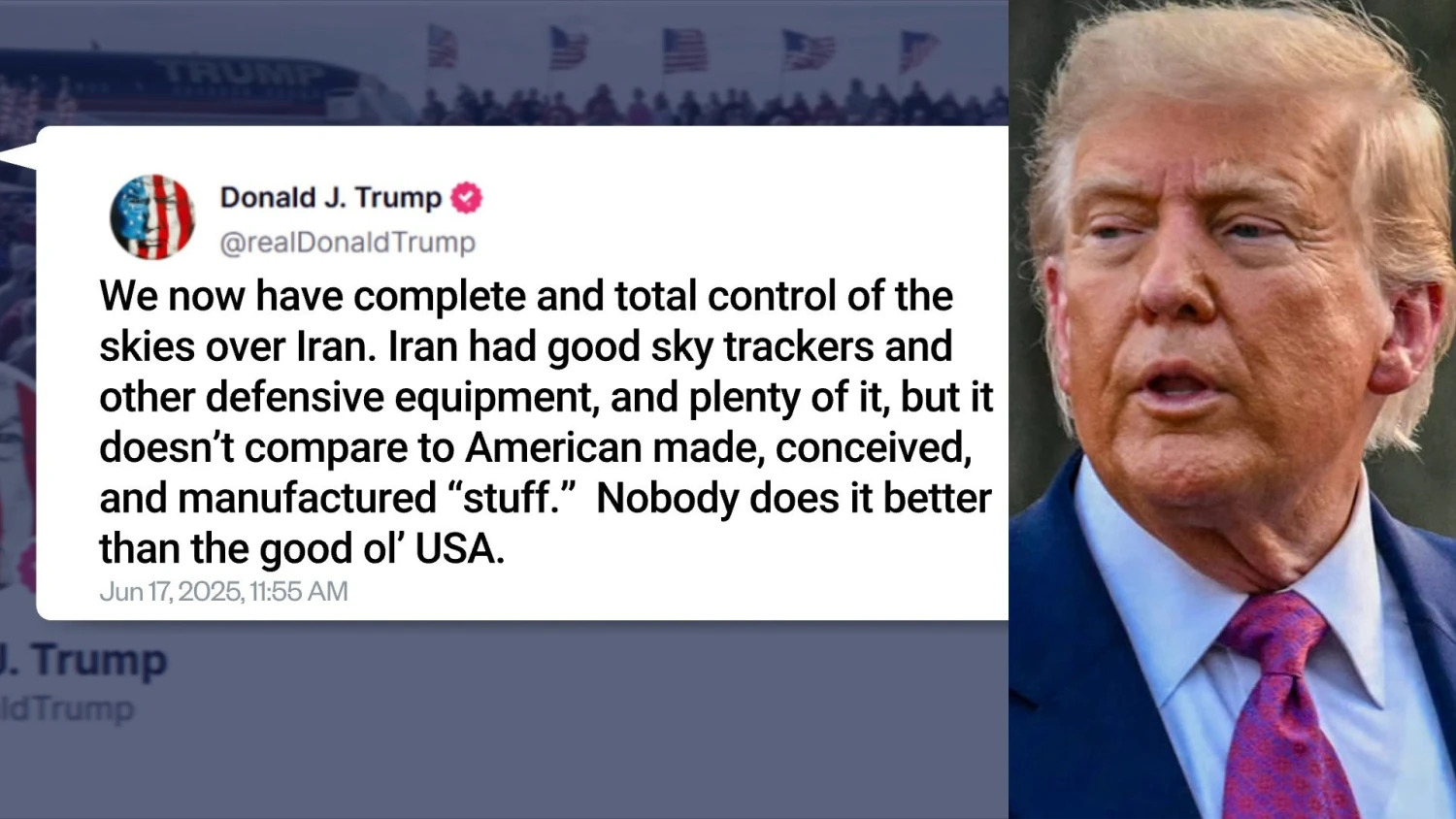
He Wenping, Senior Research Fellow, Charhar Institute and West Asia and Africa Studies Institute of the China Academy of Social Sciences
Jul 04, 2025
Was the so-called 12-day war a triple victory or a triple defeat? Will Americans tolerate a policy of “Israel first” over “America first”? The answers to these and other key questions will determine whether, and how deeply, the United States could be drawn into the fray again.
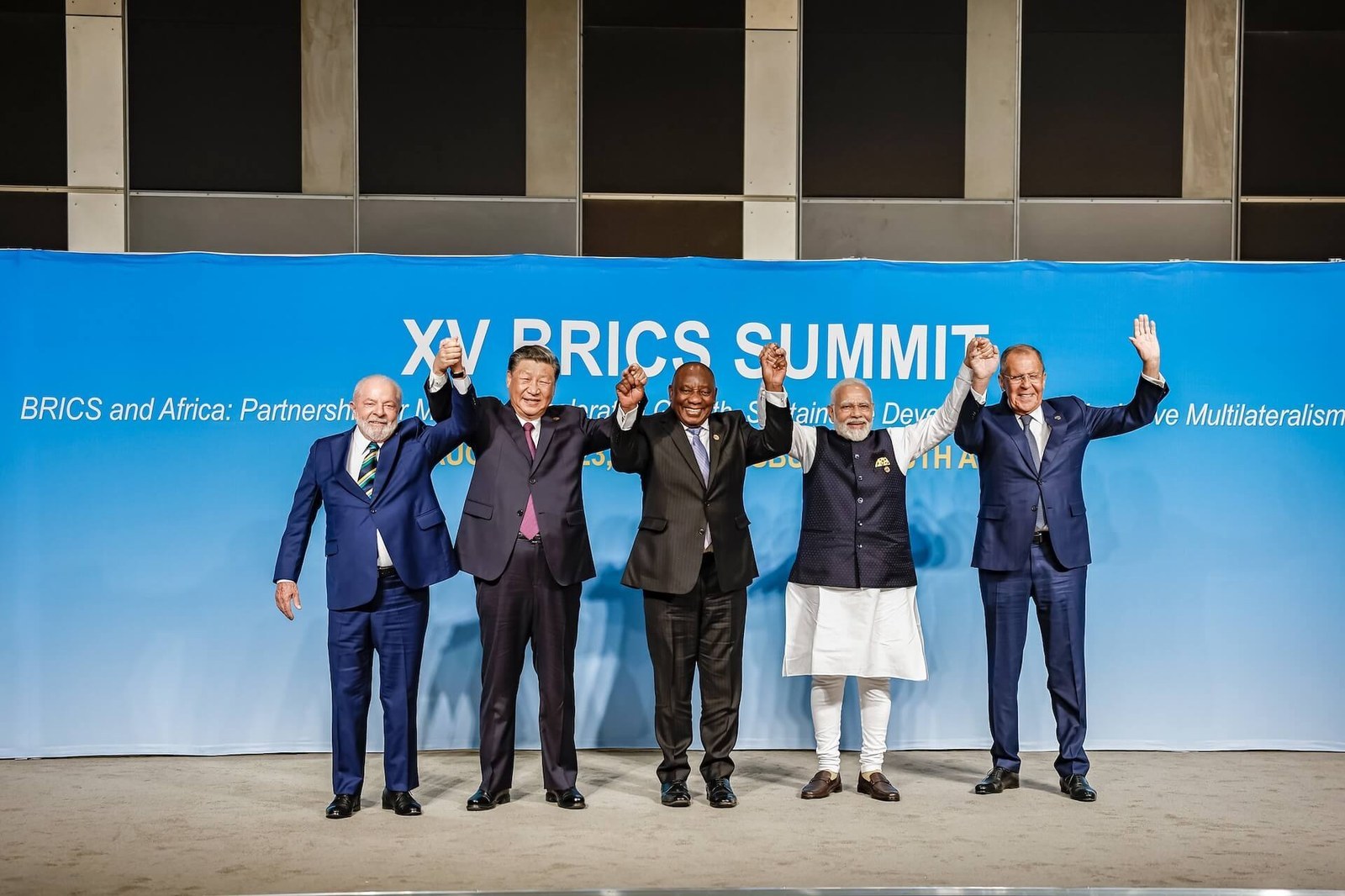
Wang Youming, Senior Research Fellow of BRICS Economic Think Tank, Tsinghua University
Jul 04, 2025
The world is waiting to see whether the expanding group of countries can take advantage of the window of opportunity presented by the restructuring of the international order and become new protagonists in global governance.

Ananth Krishnan, Director at The Hindu Group, and AsiaGlobal Fellow at University of Hong Kong
Jul 04, 2025
At its 17th summit in Rio, the expanded BRICS bloc faces a moment of reckoning as it seeks to balance growing ambitions with internal divisions, shown in its rare unified stance on U.S.-Israel strikes and push for Global South representation. While advancing financial tools and a climate agenda, BRICS’ core challenge is defining itself not as anti-West, but as a united advocate for a more equitable global order.

Sheng Zhonghua, Researcher and Postdoctoral Fellow, Centre on Contemporary China and the World, The University of Hong Kong
Jul 04, 2025
Data security governance has become a global priority amid rising competition over data resources, with the U.S., EU, and China adopting distinct models: the U.S. favors a market-driven, security-conscious approach with public-private cooperation; the EU relies on strict regulatory frameworks like the GDPR; and China enforces centralized, party-led oversight. Despite their differences, all three aim to strengthen data security within their respective systems.
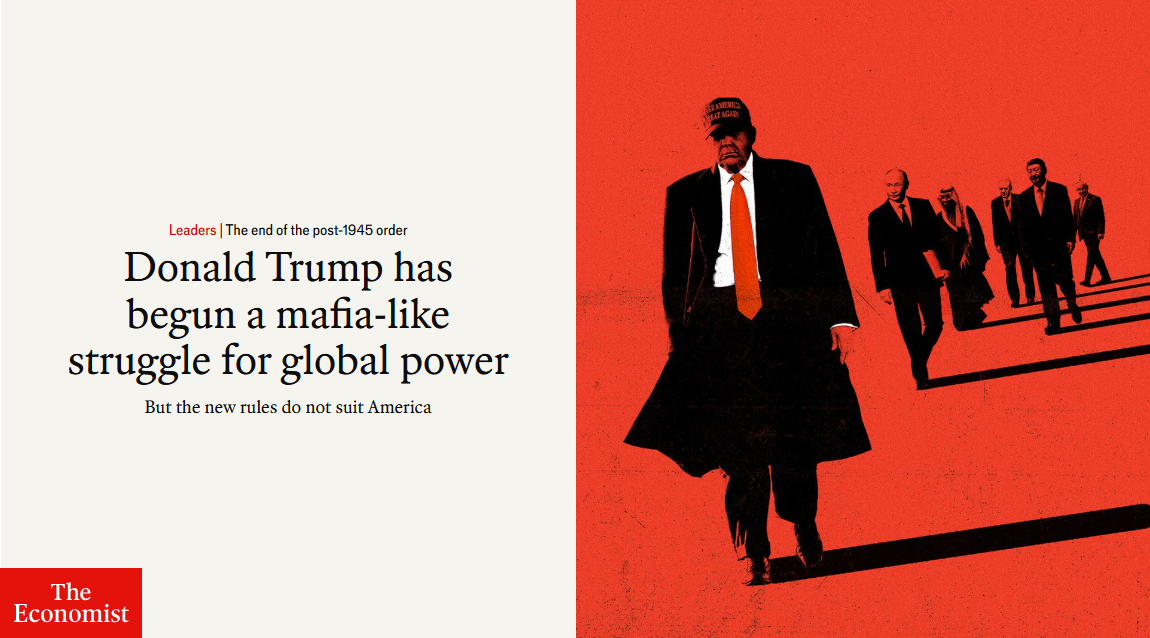
Li Yan, Director of President's Office, China Institutes of Contemporary International Relations
Jun 30, 2025
The international situation in recent years features turbulence and change, with the United States playing an increasingly prominent destructive role. As the second Trump administration’s policies unfold, the negative impacts have become clear.
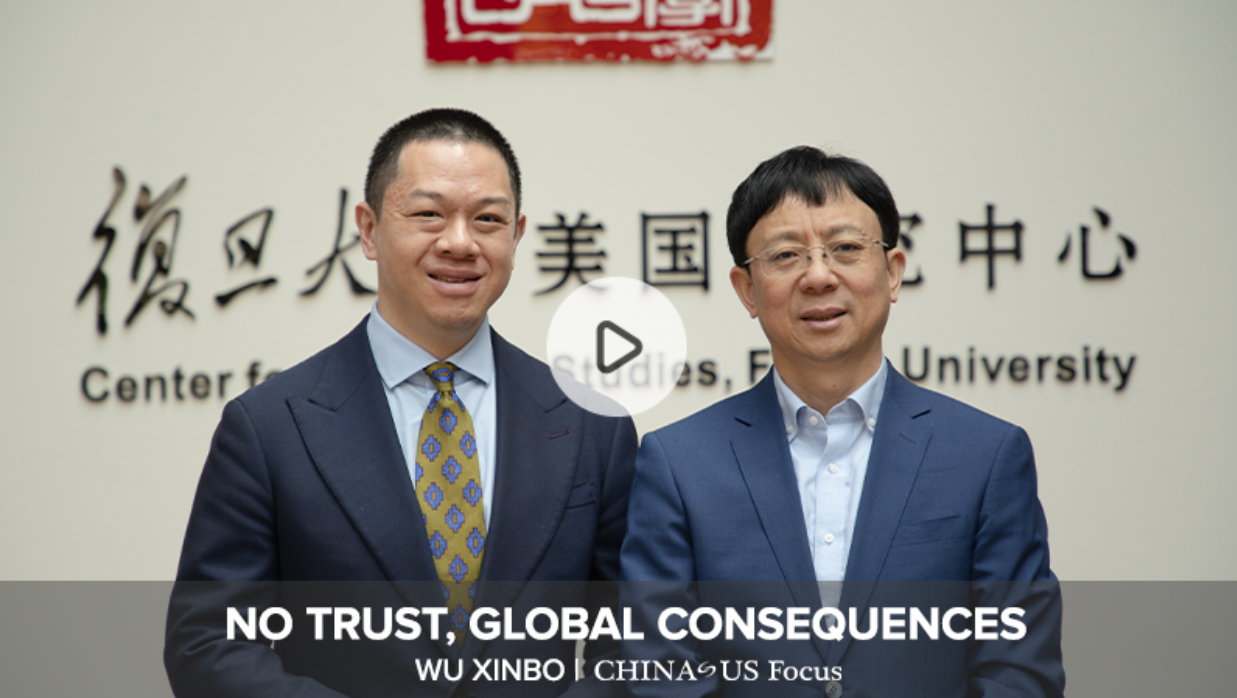
Jun 30, 2025
In this interview, Fudan University’s Professor Wu Xinbo warns that U.S.-China relations have worsened across political, economic, and security fronts since 2019, emphasizing that mutual trust is now near zero and urging a mindset shift toward cooperation in an increasingly interconnected world.

Tang Xinhua, Associate Researcher, Tsinghua University’s Institute of International Relations
Jun 27, 2025
The United States is moving aggressively to solidify its technological dominance. This has become the core logic behind its efforts to reshape the global order. But the best approach for the world is to develop a model of cooperation rooted in mutual benefits and shared gains.

Sheng Zhonghua, Researcher and Postdoctoral Fellow, Centre on Contemporary China and the World, The University of Hong Kong
Jun 19, 2025
AI governance is a shared global challenge, and China and the U.S., as major AI powers, face new risks and challenges with Trump's return to the White House, making cooperation neither wholly pessimistic nor optimistic. A transactional "strategic stability dialogue" should be established to build trust, manage competition, rather than direct rivalry, and ensure transparency and rationality in AI governance despite rising tensions.
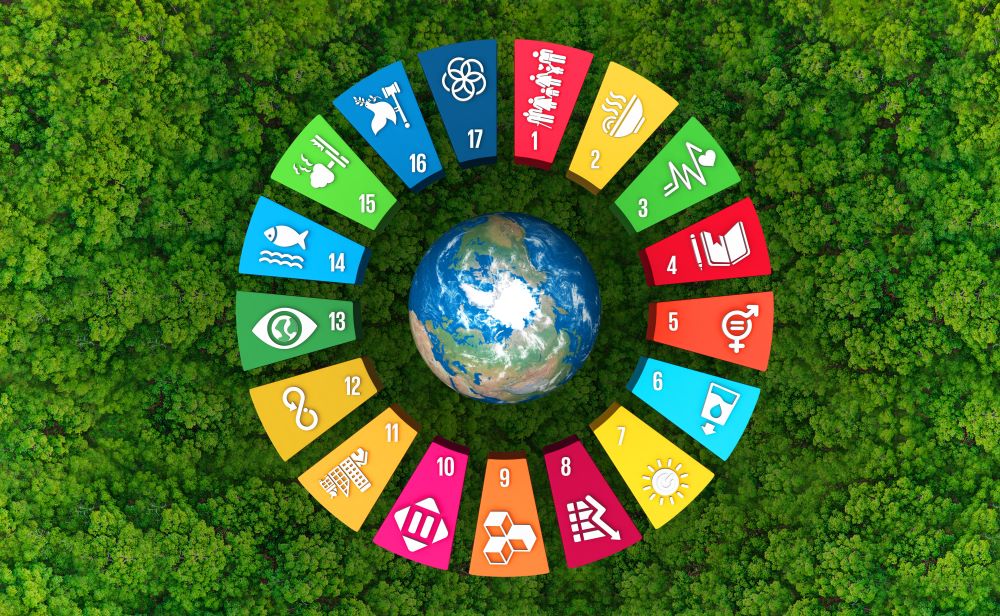
Zhou Xiaoming, Former Deputy Permanent Representative of China’s Mission to the UN Office in Geneva
Jun 18, 2025
Imperialist, exploitative and egocentric — these words describe U.S. policy on the Global South. The policy is deeply ingrained in Trump MAGA agenda, but it’s a loser in the long run.
Kishore Mahbubani, Dean of the Lee Kuan Yew School of Public Policy, National University of Singapore
Jun 06, 2025
U.S. President Donald Trump’s tariffs – especially the ultra-high “reciprocal tariffs” that he says will be reintroduced on July 8 for any country that has not struck a trade deal with his administration – have sent countries around the world scrambling to respond, adapt, and limit the fallout. ASEAN’s ten members – Brunei, Cambodia, Indonesia, Laos, Malaysia, Myanmar, the Philippines, Singapore, Thailand, and Vietnam – have been among the most proactive.